Exploring Metaphysics: Journey into Self-Discovery
Unveil the Universe Within You

6 Hours average completion time
0.6 CEUs
11 Lessons
20 Exams & Assignments
10 Videos
12 Reference Files
125 Articles
Mobile Friendly
Last Updated December 2025
"Exploring Metaphysics: Journey into Self-Discovery" is a comprehensive and captivating course that delves into the profound depths of metaphysical inquiry. Metaphysics, a term that conjures various interpretations ranging from a branch of philosophy to mystical connotations, essentially revolves around exploring the fundamental nature of reality and existence. This exploration is not a mere academic pursuit but an integral aspect of the human experience, shaping our worldview and guiding our understanding of life's most profound questions.
The course begins by demystifying metaphysics, presenting it as a critical field of study that has evolved from ancient philosophical traditions to contemporary discourse. It challenges the misconception that metaphysics is an esoteric or overly complex domain, accessible only to a select few. Instead, it positions metaphysics as a universal aspect of human cognition, essential for anyone seeking deeper understanding and clarity about the universe and our place within it.
One of the primary areas of focus in the course is the exploration of key metaphysical questions that have intrigued humanity for centuries. These include the nature of reality, the existence of a higher power, the composition of the universe, and the debate over free will versus determinism. Each of these topics is not just a theoretical inquiry but has practical implications on how we perceive and interact with the world around us. For instance, the concept of free will directly influences our understanding of personal responsibility and ethics.
In addition to traditional philosophical concepts, the course also sheds light on the interplay between metaphysics and modern scientific understanding. This includes discussions on cosmology and cosmogony, examining how different cultures and philosophies have conceptualized the origins and structure of the universe. The course navigates through various cosmological theories, from ancient mythologies to contemporary scientific models, highlighting the evolution of human thought regarding the cosmos.
The intricate relationship between mind and matter is another critical theme explored. This segment delves into the philosophical debates surrounding consciousness, the nature of thought, and the material world. It traces the historical development of these ideas, from ancient Greek philosophy to modern dualistic theories, providing a comprehensive overview of how our understanding of the mind-matter relationship has evolved.
A unique aspect of the course is its examination of metaphysics in the context of everyday life. It investigates how metaphysical concepts manifest in practical scenarios, influencing our decisions, beliefs, and behaviors. This practical approach helps demystify metaphysics, making it more relatable and applicable to students' personal and professional lives.
The course also explores the metaphysical underpinnings of various religious and spiritual beliefs. It provides an analytical perspective on major religious philosophies, examining them through the lens of philosophical inquiry. This segment encourages students to critically evaluate the role of metaphysics in shaping religious doctrines and practices.
Another intriguing area of study is the philosophy of space and time. This section presents historical and contemporary views on the nature of temporal and spatial existence, challenging students to ponder the very fabric of reality. The exploration of time and space in metaphysics opens up new avenues for understanding the interconnectedness of all things and the transient nature of existence.
The course does not shy away from controversial and contemporary topics, such as the New Age movement's impact on metaphysical thought. This segment critically assesses the influence of New Age beliefs on modern culture and thought, providing a balanced perspective on its contributions and challenges.
A significant portion of the course is dedicated to the age-old debate over the existence of God or a higher power. It presents various metaphysical arguments for and against the existence of a divine entity, encouraging students to engage with these ideas critically and thoughtfully. This discussion not only addresses theological questions but also touches upon the human quest for meaning and purpose.
Throughout the course, students are encouraged to develop their metaphysical worldview, one that resonates with their experiences and understanding. The journey through this course is not just an academic endeavor but a path to personal growth and self-discovery. By engaging with the profound questions of metaphysics, students gain insights into the mysteries of existence, fostering a deeper appreciation for the complexity and wonder of the world we inhabit.
In summary, this intellectually stimulating and transformative course offers a comprehensive exploration of metaphysical thought. It invites students on a journey to unravel the mysteries of existence, encouraging them to question, reflect, and grow in their understanding of the universe and themselves. Through this course, metaphysics is not just a subject to be studied but a lens through which we can view and appreciate the richness of life.
- Reflect critically on personal beliefs
- Understand cultural cosmological perspectives
- Develop a mature metaphysical worldview
- Consider ethical implications of free will
- Deepen understanding of reality and existence
- Evaluate philosophical and scientific theories
- Explore ancient and modern philosophical ideas
- Analyze metaphysical concepts and applications
- Explore mind-matter relationship dynamics
-

Paranormal Investigations: Complete Edition
-

Reiki Level 4
-

Auras: Viewing, Identifying, and Understanding
-

Tarot Cards Level 1
-

Angel Healing
-

Paranormal Investigation 201
-

Self-Hypnosis Level 1
-
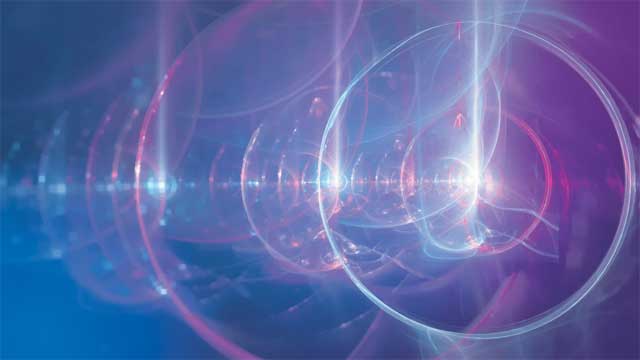
Chakras Level 2
-
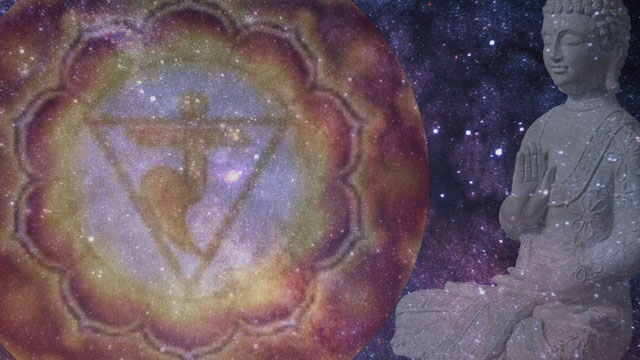
Reiki Level 3
-

Reiki Level 5
-

Chakras Level 3
-

Wicca 101
-
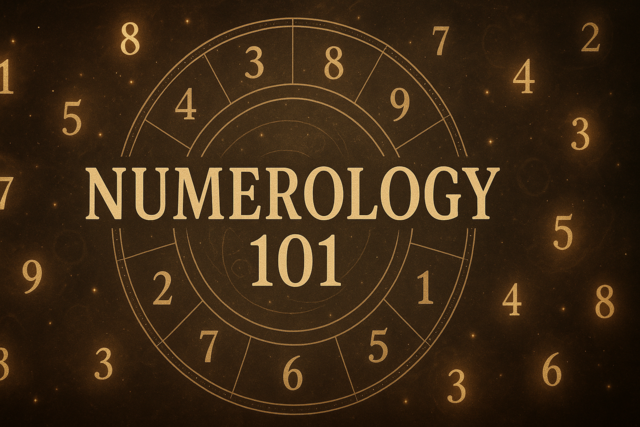
Numerology 101
-

Reiki Ultimate 5 Course Bundle: Reiki Levels 1-5
-

Reiki Level 2
-

Angels 101: History, Religion, Spiritualism and You
-
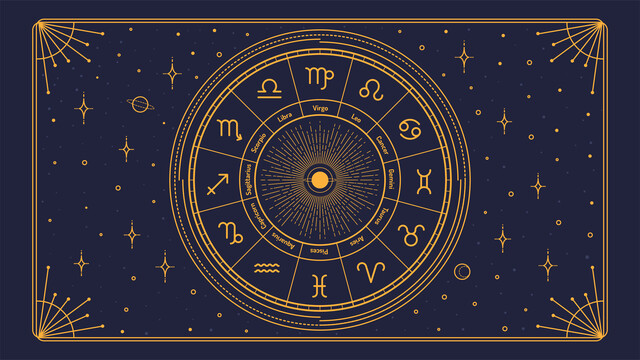
Astrology 101
-

Haunted Places
-

Chakras Level 1
-

Elemental Magick: Harnessing Nature's Forces
-
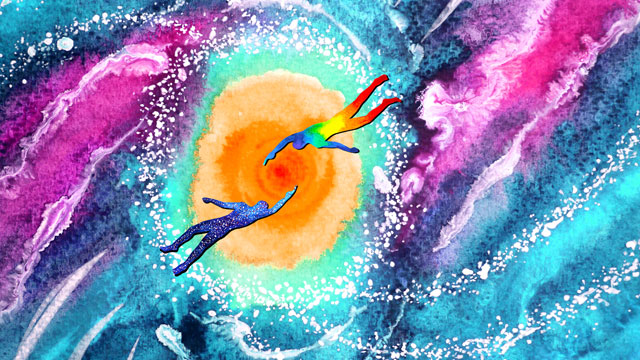
Reiki Level 1
-

Dreams Unveiled: Navigating Your Nighttime Visions